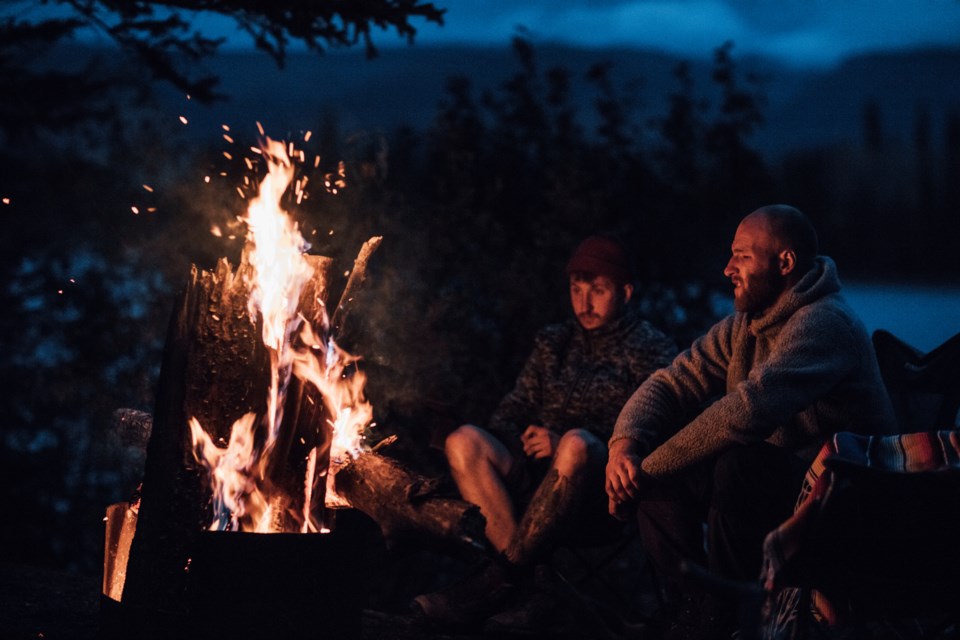Effective noon on Wednesday (June 30) campfires will be prohibited across the province. This includes category 2 and category 3 open fires.
This prohibition will remain in effect until noon on Oct. 15 or until the order is rescinded.
The ban comes after a provincial weather forecast calling for record-breaking high temperatures throughout B.C. this week following a spring of lower-than-average precipitation in the southern half of the province. These conditions are expected to persist in the coming weeks.
The B.C. government says it recognizes camping is a long-standing tradition in this province and that people also enjoy having campfires, so it takes any decision to implement a campfire ban very seriously.
The BC Wildfire Service (BSWS) says it takes these extreme heat conditions seriously. Additional precautions are being undertaken throughout the province, including fire warden patrols, fixed-wing aircraft patrols and an active enforcement presence.
BCWS says wildfire prevention is a shared responsibility and human-caused wildfires are completely preventable and divert critical resources away from lightning-caused fires.
BCWS is constantly monitoring current and forecast conditions and maintaining preparedness.
A campfire is defined as any fire smaller than 0.5 metres high by 0.5 metres wide.
In addition to campfires, Category 2, and Category 3 open fires, the following activities are also prohibited:
- The use of fireworks
- The use of sky lanterns
- The use of burn barrels or burn cages of any size or description
- The use of binary exploding targets
- The use of tiki and similar kinds of torches
- The use of chimineas
- The use of outdoor stoves or other portable campfire apparatus without a Canadian Standards Association (CSA) or Underwriter Laboratories of Canada (ULC) rating
- The use of air curtain burners in Cariboo, Coastal, Northwest, Prince George and Southeast fire centres
Anyone found in contravention of an open burning prohibition may be issued a violation ticket for $1,150, may be required to pay an administrative penalty of up to $10,000 or, if convicted in court, may be fined up to $100,000 and/or sentenced to one year in jail. If the contravention causes or contributes to a wildfire, the person responsible may be ordered to pay all firefighting and associated costs.



